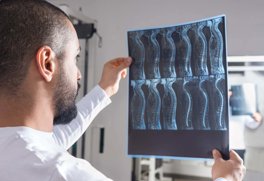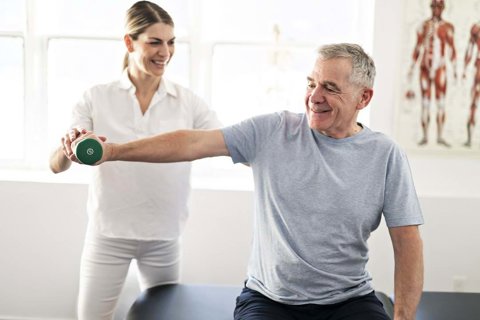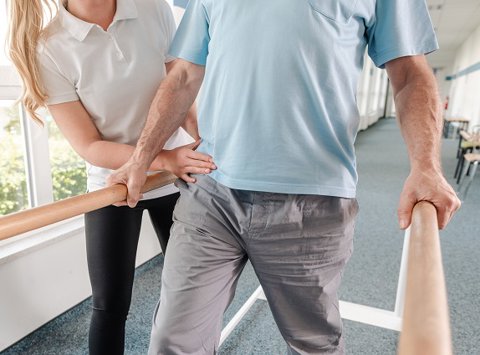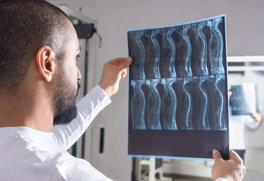Rehabilitation for Moderate Brain Injuries
Ironically, the more severe the injury, the better the assistance that’s usually provided, as brain injury units are dotted around the UK and patients can often be referred to them by the hospital that treated them or their GP.
I say ironically because those individuals who are so seriously injured that they need in-house care are often still likely to need huge assistance in the future.
The real problems surround what we call the walking wounded - people who’ve had a brain injury but look like they’ve made a complete recovery, except to trained professionals and those that know them well.
These people do have maybe a 10-20% change in their ability to function, which may present itself as:
- Short-term memory loss
- An inability to organise and motivate themselves
- General apathy towards life and work in general
- Great periods of fatigue, usually during a typical day because they have to concentrate far more than others when performing everyday tasks or making decisions
In some cases, it may show in the form of behavioural issues, such as acting inappropriately or like a child or teenager in situations where they’d once have been very focused and adult. Usually, family and friends are the first to notice these changes, which in some cases can prevent a brain injured person from returning to work.
Replacing work with meaningful activities, perhaps sheltered or voluntary work, can be a big help in this situation.
A brain injured person may also benefit from help from trained specialists known as enablers or buddies, who can work with them to help them regain their independence. This may involve:
- Taking someone to the gym
- Developing interests that help to fill the time lost by not being at work, such as fishing
A case manager may employ about three enablers to make sure there’s always sickness or holiday cover, or if one of them moves into a new job, as it’s unusual for a support worker to stay with the injured person for life.









